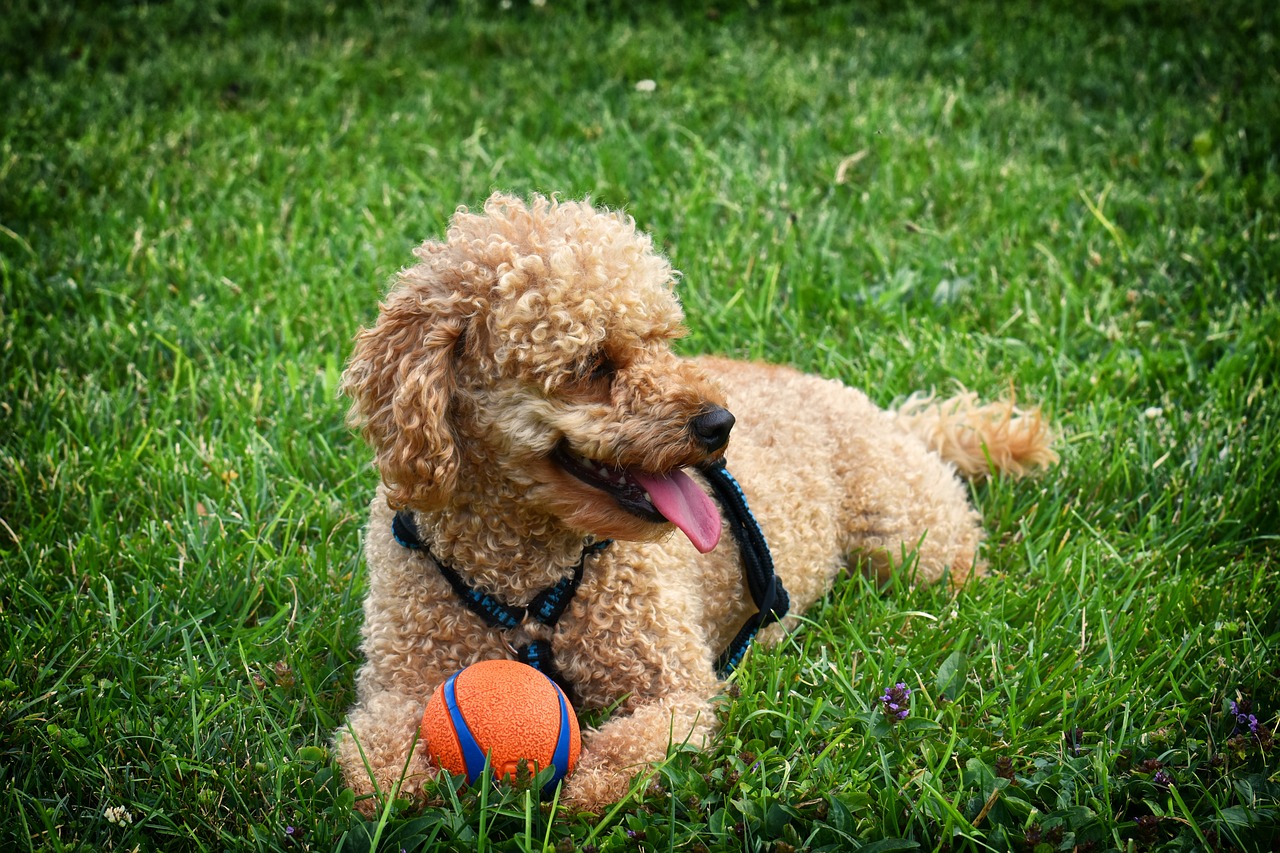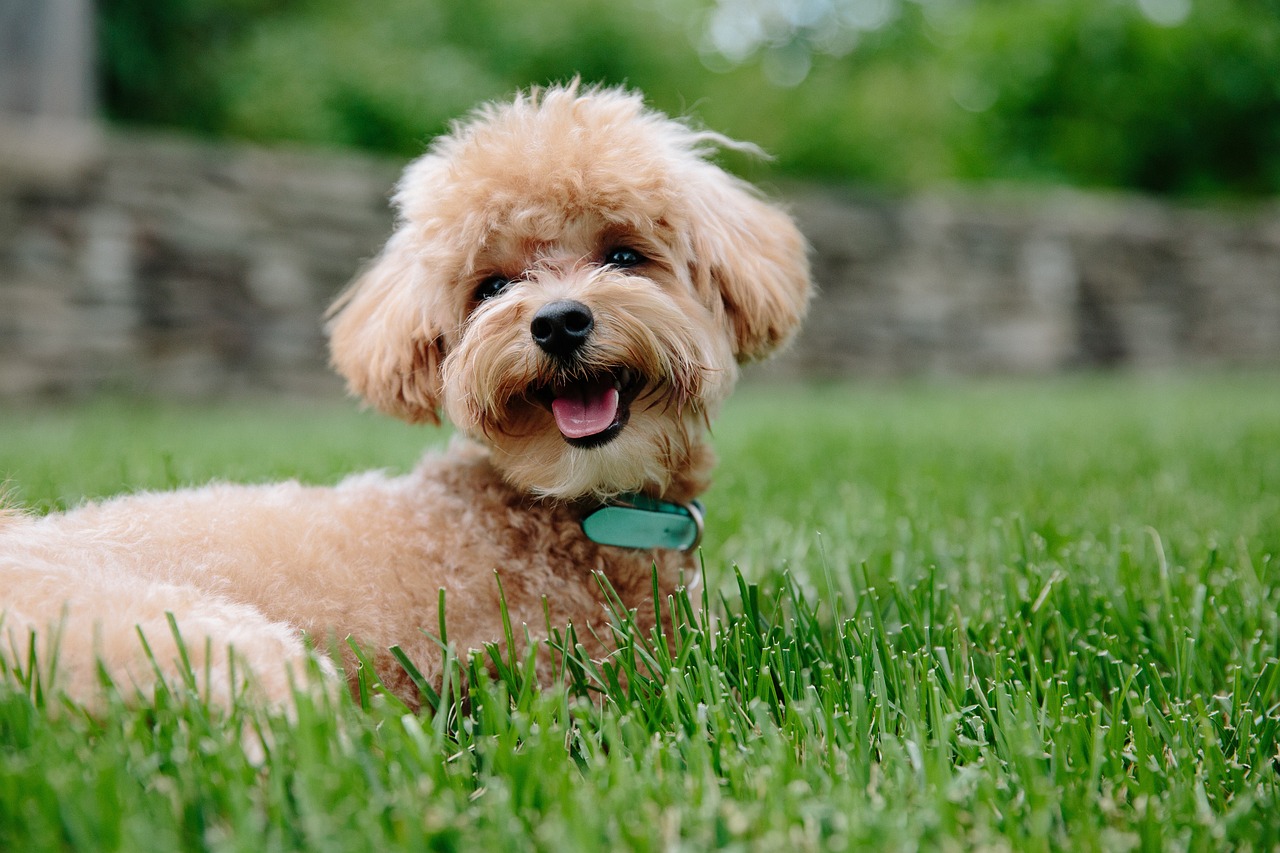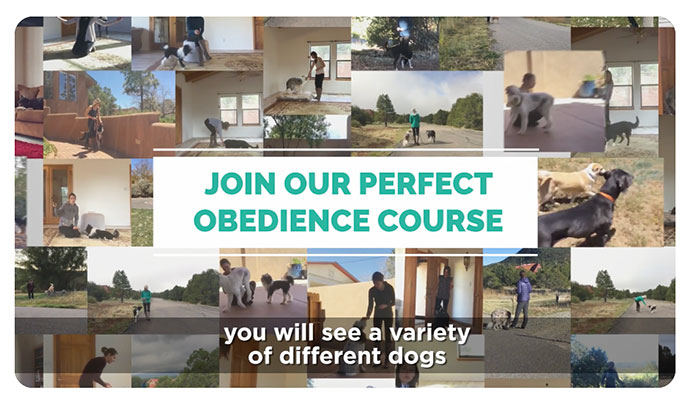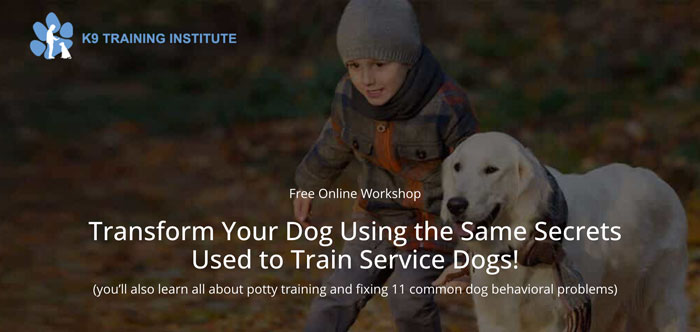Poodles are known for their intelligence, elegance, and often, their charm. However, like all breeds, they need proper socialization from an early age to ensure they grow into well-adjusted adults.
The Right Ways to Socialize a Poodle Puppy
 Here are the best practices for socializing a Poodle puppy:
Here are the best practices for socializing a Poodle puppy:
-
Begin Early but Gradually:
- Initiate socialization when the Poodle puppy is between 3 to 14 weeks. This is a vital window for learning, but ensure you take things slow to prevent overwhelming them.
-
Diverse Environments:
- Regularly expose the Poodle puppy to different environments like parks, sidewalks, and stores (where allowed). This variety helps them adapt to different situations.
-
Meet Different People:
- Ensure the Poodle puppy meets people of different ages, sizes, and ethnicities. Introduce them to someone wearing a hat, using a walking stick, or riding a bicycle, so they learn to recognize and accept various human profiles.
-
Introduce to Calm, Well-socialized Dogs:
- Organize playdates with vaccinated, well-behaved adult dogs. These canines can teach the Poodle puppy appropriate dog behavior.
-
Positive Reinforcement:
- Always reward the Poodle puppy with treats and praise when they behave positively during social encounters.
-
Expose to Household Noises:
- Familiarize the Poodle puppy with common sounds such as the vacuum cleaner, doorbell, or washing machine. This acclimatization can prevent future anxieties.
-
Frequent Car Rides:
- Take the Poodle puppy on short car journeys to accustom them to travel, which can be beneficial for future trips or vet visits.
-
Gentle Handling:
- Regularly handle the Poodle puppy’s paws, ears, and mouth gently. This can make future grooming sessions or vet examinations much smoother.
-
Puppy Classes:
- Enroll the Poodle puppy in a reputable puppy socialization class. It provides a structured environment for learning and interaction.
-
Safe Socialization Tools:
- Use tools like baby gates, playpens, or tethers to introduce the Poodle puppy to new situations or animals in a controlled way.
-
React Calmly to Fearful Reactions:
- If the Poodle puppy shows signs of fear or anxiety, remain calm and avoid coddling. Reassure them with a calm demeanor and, when ready, reintroduce the stimulus gently.
-
Avoid Negative Experiences:
- While some challenges are beneficial, traumatic experiences can have lasting impacts. Always ensure that the Poodle puppy’s encounters are more positive than negative.
-
Regular Vet Visits:
- Make vet visits routine. The more accustomed the Poodle puppy is to the veterinary clinic, the less stressful future visits will be.
-
Daily Exposure:
- Dedicate some time each day for new social experiences. Whether it’s a new toy, a brief outing, or meeting a new neighbor, daily exposure will reinforce positive behaviors.
-
Invest in Obedience Training:
- After your Poodle puppy has been well-socialized, the next step is structured obedience training. This not only teaches essential commands but also strengthens the bond between owner and pet.
- Recommendation: Consider enrolling in programs such as SpiritDog’s Ultimate Puppy Training Program or the K9 Training Institute’s Dog Masterclass. These platforms offer a comprehensive curriculum, ensuring your Poodle puppy becomes a well-mannered adult.
The Wrong Ways to Socialize a Poodle Puppy
 Properly socializing your Poodle Puppy is crucial for their development into a well-adjusted adult dog. However, just as there are right ways to approach this, there are also wrong ways that can impede their growth or cause negative behaviors. As a responsible owner, it’s essential to be aware of these missteps to ensure your Poodle Puppy gets the best start in life. Here are the common mistakes to avoid:
Properly socializing your Poodle Puppy is crucial for their development into a well-adjusted adult dog. However, just as there are right ways to approach this, there are also wrong ways that can impede their growth or cause negative behaviors. As a responsible owner, it’s essential to be aware of these missteps to ensure your Poodle Puppy gets the best start in life. Here are the common mistakes to avoid:
-
Starting Too Late or Too Early:
- Waiting until the Poodle Puppy is several months old can mean missing the critical socialization window (typically between 3 to 14 weeks). On the flip side, introducing them to too many stimuli too soon can be overwhelming.
-
Forcing Interactions:
- Forcing the Poodle Puppy into interactions they’re visibly uncomfortable with can lead to increased anxiety and fear. Let them approach new experiences at their own pace.
-
Neglecting Positive Reinforcement:
- Ignoring your Poodle Puppy’s good behavior during social situations or forgetting to reward them can slow down the learning process.
-
Exposing to Aggressive or Unvaccinated Dogs:
- While it’s great to let them play with other canines, always ensure those dogs are both friendly and vaccinated.
-
Overwhelming Environments:
- Taking the Poodle Puppy to extremely noisy or crowded places without prior exposure can lead to stress or fear of similar environments in the future.
-
Ignoring Signs of Distress:
- It’s essential to watch for signs that the Poodle Puppy is feeling overwhelmed or scared. Ignoring these signs can result in long-term anxieties.
-
Using Negative Reinforcement:
- Scolding or punishing the Poodle Puppy during socialization can create negative associations with new experiences.
-
Infrequent Socialization:
- Socializing the Poodle Puppy only once in a while can be ineffective. Consistency is key to ensuring they are comfortable in various situations.
-
Neglecting Different Human Interactions:
- Only exposing the Poodle Puppy to a limited type of person (e.g., adults) and neglecting others (e.g., children, elderly) can make them uneasy around unfamiliar individuals in the future.
-
Avoiding Common Noises:
- Shielding the Poodle Puppy entirely from household sounds, such as vacuums or doorbells, may lead to fear when they inevitably encounter these noises.
-
Assuming One Socialization Experience is Enough:
- Just because the Poodle Puppy has encountered a stimulus once doesn’t mean they’re fully accustomed to it. Repetition is essential.
-
Not Consulting a Professional When Needed:
- If you notice that your Poodle Puppy is particularly fearful or aggressive, it’s a mistake not to consult a dog behaviorist or trainer.
-
Using Only Group Classes for Socialization:
- While group classes can be beneficial, they shouldn’t be the sole form of socialization. Diverse experiences are crucial.
-
Not Preparing for Adulthood:
- It’s a mistake to only think about the Poodle Puppy’s current size and demeanor. Remember, they will grow, and their behavior will change. Train and socialize for the dog they will become, not just the puppy they are now.
-
Skipping Obedience Training:
- Many owners think that early socialization is enough. However, skipping the structured learning that comes from obedience training can lead to behavioral issues later on.
- Recommendation: Ensure your Poodle Puppy’s training is comprehensive. Consider reputable programs like SpiritDog’s Ultimate Puppy Training Program or the K9 Training Institute’s Dog Masterclass.
Consider Online Dog Training for Your Poodle Puppy
Our 2 favorite online courses are:
1. SpiritDog’s “Perfect Obedience” Course
The Perfect Dog Obedience Bundle is an online dog training program designed to help dog owners achieve well-behaved pets. The comprehensive course covers basic obedience, loose leash walking, and includes bonus mini-courses on training habits and rewards, stopping jumping, and separation anxiety solutions. With lifetime access to expert trainers for personalized feedback and a 60-day money-back guarantee, this course aims to provide effective, accessible training for a variety of dog behavior issues.
2. K9 Training Institute’s “Dog Masterclass”
More than just an obedience course, this more comprehensive training course tackles any behavior problem you might face with your dog.
In conclusion, while socializing a Poodle Puppy might seem straightforward, there are numerous pitfalls to watch out for. By being aware of these common mistakes and actively avoiding them, you’re setting your Poodle Puppy on the path to becoming a well-adjusted, confident adult dog.


 Toledo, United States.
Toledo, United States.